
A recent study has found that using marijuana before sleep has minimal impact on various performance measures the following day, including driving simulation, cognitive tasks, psychomotor functions, subjective effects, and mood.
Study Overview and Key Findings
The study, part of a larger investigation into the effects of THC and CBD on insomnia, involved 20 adults with diagnosed insomnia who rarely used marijuana. Conducted by researchers from Macquarie University, the University of Sydney, Royal Prince Alfred Hospital, Griffith University, and Johns Hopkins University, the study revealed that a single oral dose of 10 mg THC combined with 200 mg CBD did not significantly impair next-day cognitive function or driving performance compared to a placebo.
"The results of this study indicate that a single oral dose of 10 mg THC (in combination with 200 mg CBD) does not notably impair 'next day' cognitive function or driving performance relative to placebo in adults with insomnia who infrequently use marijuana," the researchers stated.
Research Methodology
Participants were randomly assigned to receive either a placebo or 2 milliliters of cannabis oil containing 10 mg THC and 200 mg CBD. This dosage was chosen based on previous studies indicating that it could induce subjective effects like increased drowsiness without affecting cognitive and psychomotor performance in infrequent cannabis users.
In a follow-up session, participants who initially received the placebo were given the THC–CBD mixture, and vice versa. Cognitive tests were conducted within two hours of waking, and driving performance was measured 10 hours after administration using a fixed-base driving simulator. Participants also reported their subjective experiences, such as feeling "stoned," "sedated," "alert," "anxious," or "sleepy," at various intervals up to 18 hours after administration.

Results and Implications
The study found no significant differences in 27 out of 28 cognitive and psychomotor function tests, as well as simulated driving tests, between the THC–CBD and placebo groups. The only notable difference was a minor reduction in accuracy (about 1.4%) in the Stroop color and word test, a measure of cognitive interference. However, this finding was deemed clinically insignificant since both groups maintained high accuracy rates above 97%.
"Almost all of the cognitive tests conducted, involving attention, working memory, speed of information processing, and other domains, showed no 'next day' effects of THC/CBD," the report concluded.
Conclusion
This study provides evidence that using marijuana as a sleep aid has minimal impact on next-day performance, addressing concerns about potential impairment in activities requiring high cognitive and psychomotor functions, such as driving. The findings could influence perceptions and guidelines regarding the use of cannabis for insomnia.
Follow us on Instagram, there's even more interesting stuff there.
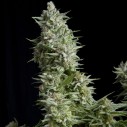
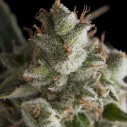

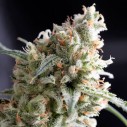
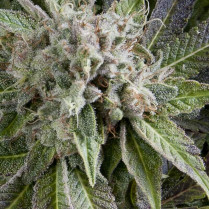
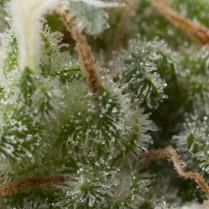
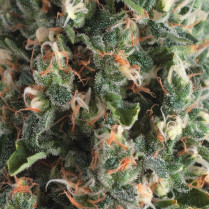
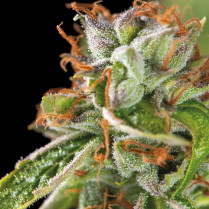
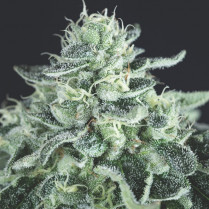

Comments (0)
New comment